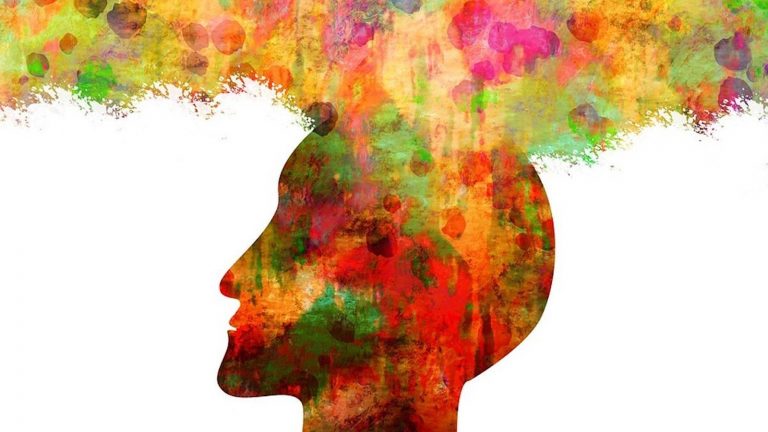Despite the constant bombardment of COVID-19 news and the ongoing protests against racial inequities in this country, psychedelic drugs warrant a slice of our attention.
Activists in Oregon this year pushed a measure for the state’s November ballot that would legalize psychedelic mushrooms. In the beginning of August, Oregon officials finalized a ballot measure to legalize the psychedelic, psilocybin, for therapeutic use. While not yet official, this measure would be groundbreaking in the fight to decriminalize psychedelic substances amid promising new research demonstrating their effectiveness in treating a range of psychiatric disorders, from PTSD to addiction. Millions of Americans suffer from these disorders every year.
Oregonians should approve this measure and signal to the U.S. government that it’s time to legalize psychedelics for medicinal use nationwide.
Naturally occurring psychedelic substances are nothing new. In fact, they’ve been in use for thousands of years. Even the term “psychedelic” is ancient Greek: psychē, or “mind”, and dēloun, “to make visible, reveal.” Taken together, the translation is essentially “mind-manifesting.”
Chemically synthesized psychedelic “drugs,” on the other hand, have only been around for just shy of a century. These are what come to mind when thinking of psychedelics today. Ask someone to describe psychedelics and they’ll most likely conjure up images of hippies swaying to music at festivals in the 1960s.
It’s no accident that psychedelics are intimately linked to the “American counterculture” of the 60s. That’s probably precisely what the U.S. government intended. After all, it needed some reason to marginalize the hippies, and it found its solution in LSD.
The history of modern psychedelic drugs began in 1938 when Albert Hofmann, a Swiss chemist and researcher for Sandoz Pharmaceuticals, attempted to synthesize a stimulant but actually created Lysergic acid diethylamide: LSD.
The next thirty years saw countless scientific breakthroughs into the effects and powerful therapeutic properties of LSD, psilocybin, and other psychedelics. The boom didn’t last long though. By the mid-1960s, LSD had found its way out of the lab and onto college campuses as an increasing number of young Americans began using it. Soon enough, reports emerged of “bad trips” causing psychosis and murder—somewhat ironic considering that modern studies demonstrate a decrease in violent behavior in LSD users. By 1968, LSD was illegal in the U.S. and psilocybin was banned a few years later.
Recently though—over half a century since LSD was first banned—psychedelics have made their way back into the psychology, psychiatry, and neuroscience literature as scientists rediscover their promising therapeutic effects.
Most significant has been the finding that many psychedelics, when therapeutically administered, produce statistically significant increases in positive attitudes, mood, social effects, and behavior. This has spurred a great deal of investigations examining the effectiveness of psychedelic drugs in lessening the symptoms and/or severity of certain psychiatric conditions characterized by abnormalities in the aforementioned dimensions, such as depression, anxiety-related disorders, and PTSD.
Though concerns over addiction and safety are legitimate, addiction to psychedelics is significantly less common than opioids and benzodiazepines, and most studies have found psychedelics to be relatively safe for human use.
Psychedelic drugs could very well be the breakthrough that psychiatry has been awaiting for decades, but the FDA and DEA have been stringent in the approval of clinical studies into psychedelics. While becoming increasingly more receptive over the past decade, the approval process is still unnecessarily restrictive. In 2019, The Economist wrote that a scientist at the University of Alabama at Birmingham had to wait six to seven years to get approval to begin clinical trials studying psilocybin as a treatment for cocaine addiction.
If Oregon votes yes on its ballot measure in November, it will be blazing a trail that other states should follow. The longer the government holds out and maintains bureaucratic hurdles, the longer it indirectly harms the thousands of patients in the U.S. and across the world that suffer from the disorders that psychedelics possess the power to relieve.














Add comment